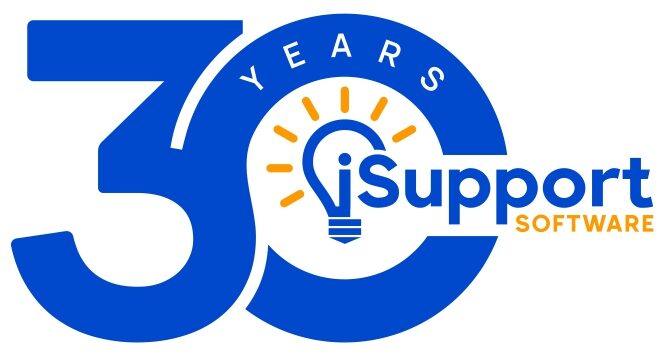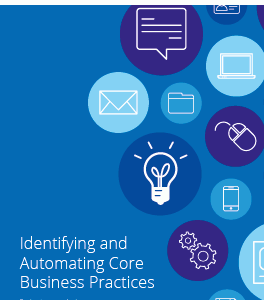 By moving programs and services out of the office and off a local server on to the internet, cloud computing has enabled businesses to access applications and services directly from the cloud.
By moving programs and services out of the office and off a local server on to the internet, cloud computing has enabled businesses to access applications and services directly from the cloud.
This has transformed the way organizations do business and changed the way companies communicate, collaborate and work. This has enabled more flexibility in terms of location and a choice of communication tools, the cloud has made the office mobile and in turn transformed the way the office communicates.
The Mobile Office and Team
The cloud has radically changed the way businesses communicate by transforming the very nature and location of the office itself.
Teams and employees no longer have to be physically based in the same office to work together or collaborate. No matter where employees are, thanks to the cloud they can easily access files and documents, whether on the move, working from home or even in another country.
Using collaborative technologies, colleagues can now work on the same project, the same document or even arrange a project meeting, all without being in the same physical location.
Full-time employees no longer have to be based in a company’s headquarters or in the same country. The office as a space rather than a place of work is now truly mobile, thanks to the technologies and services enabled by the cloud.
The Emergence of BYOD
Another consequence of the cloud era is the phenomenon BYOD or ‘Bring Your Own Device’. As more and more workers are using their own devices in the workplace, companies need to ensure employees can access materials from multiple locations and different devices.
Cloud-based applications in particular solve this problem by enabling employees to collaborate from anywhere on a range of devices from smartphones to the desktop to the tablet.
Changing the Tools of Communication
This change means the tools through which employees and colleagues communicate has also changed. The cloud has made the use of tablets and smartphones not only viable but increasingly preferred.
Tablets are portable, convenient and easy to use, and they integrate well with the apps and settings of a smartphone. And smartphones themselves have become a great alternative to the traditional desk phone.
Smartphones save businesses money and they incorporate a number of important business functions through the use of apps and contact information. As a result of the cloud, businesses are no longer as dependent on the desktop computer, the office is increasingly mobile and employees are now using new technological tools to communicate and collaborate.
VOIP Technology
VOIP (voice over internet protocol) technologies is another area where the cloud has transformed business communication. As an increasing number of businesses wave goodbye to an on-premise phone service, VOIP is rapidly becoming a mainstay in today’s business world.
This is perhaps no surprise, with VOIP services offering significant savings of up to 50%.
The potential of VOIP is however just being realized. Combining VOIP technology with CRM software has enabled the swift utilization of client information by customer representatives, sales staff and agents, and increased business productivity. VOIP technology is likely to continue to grow in use and expand in application.
Unified Communications as a Service (UCaaS)
As a result of cost, UCaaS (Unified Communications as a Service) was only available to larger enterprises until fairly recently. The transition of UCaaS to the cloud has changed that, reducing cost and opening up the service to businesses of all sizes.
A subcategory of software as a service (SaaS), software products and processes are delivered through the web. Types of UCaaS packages include videoconferencing tools from AV rental services, messaging tools and different types of text and voice communications. UCaaS offers businesses a number of advantages, including convenience and the lower cost of outsourcing and scalability, as companies can add or subtract services as needed.
Are you interested in learning more about the cloud and the communication potential it offers? At iSupport we’re experts in IT help desk and service delivery software, and we can support you and help you fulfill your own IT needs.
Get in touch with our team today by calling (888) 494-7638 or contact us online.



